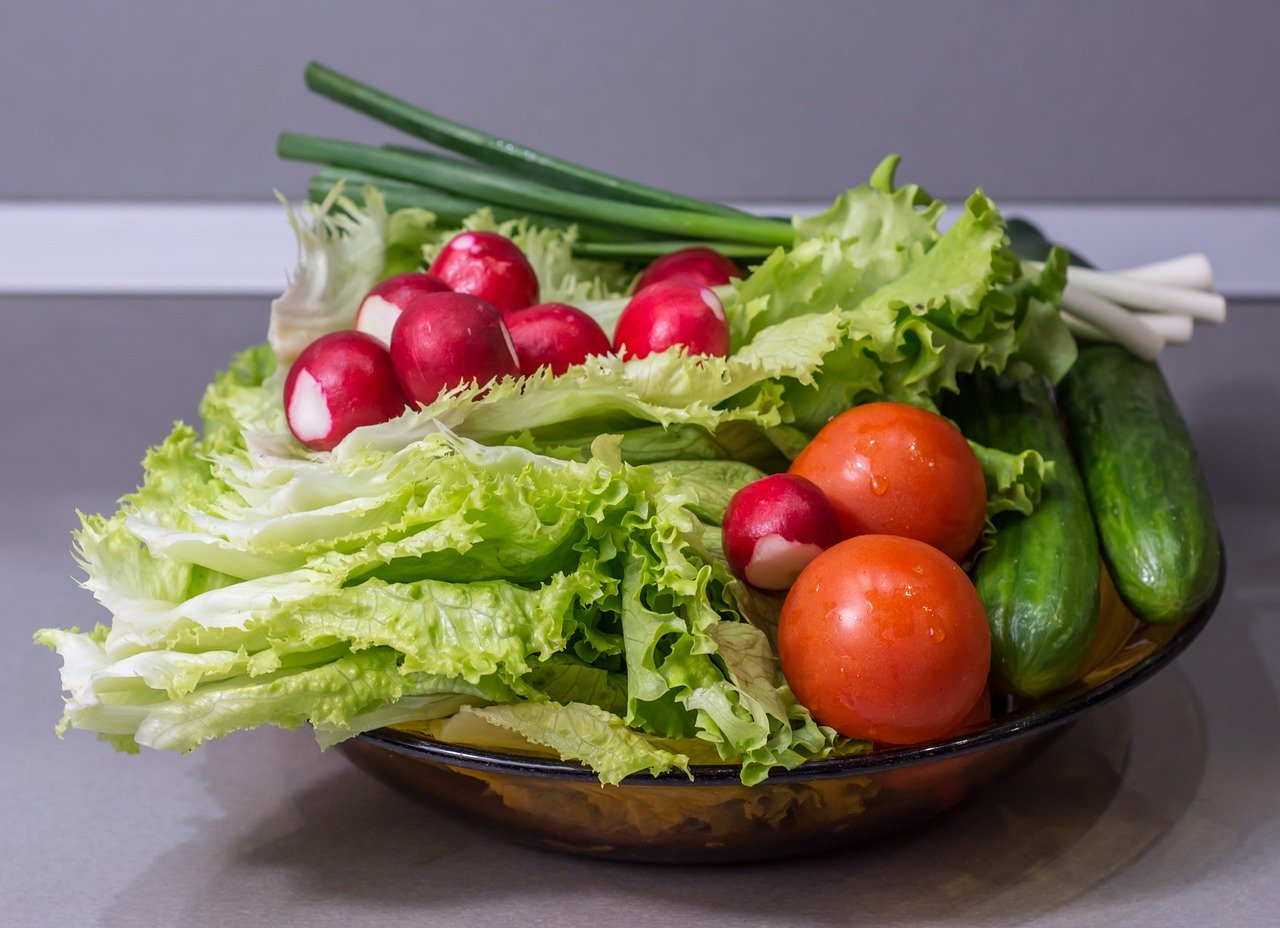In September 2019 researchers from the USA published their review on diet and rheumatoid arthritis. Rheumatoid arthritis affects roughly 1% of the world’s population and whilst genetic factors account for 50-60% of the risk, it is thought that factors such as infectious diseases, tobacco smoking, gut bacteria and nutrition may also play a role. It is thought that dietary triggers may compromise the intestinal barrier and allow food components or microorganisms to enter the blood stream, thereby triggering an inflammation. In addition, excessive body weight may affect the response to drug treatment and the likelihood of disease remission. Research has suggested that changes in the diet may play an important role in the management and remission of rheumatoid arthritis, with several studies showing an improvement in symptoms with diets excluding animal products. Studies have also shown that dietary fibre found in these plant-based foods can improve the gut bacteria composition and increase the bacterial diversity, which in turn can reduce the inflammation and joint pain experienced by individuals with rheumatoid arthritis. Needless to say the trigger foods can vary from individual to individual, but a vegan diet may help to improve symptoms by eliminating many of these foods. However, further research is required to test the effectiveness of plant-based diets on joint pain, inflammation and the quality of life in individuals with rheumatoid arthritis.
Alwarith J et al. Nutrition Interventions in Rheumatoid Arthritis: The Potential Use of Plant-Based Diets. A Review. Front Nutr. 2019 Sep 10;6:141.

